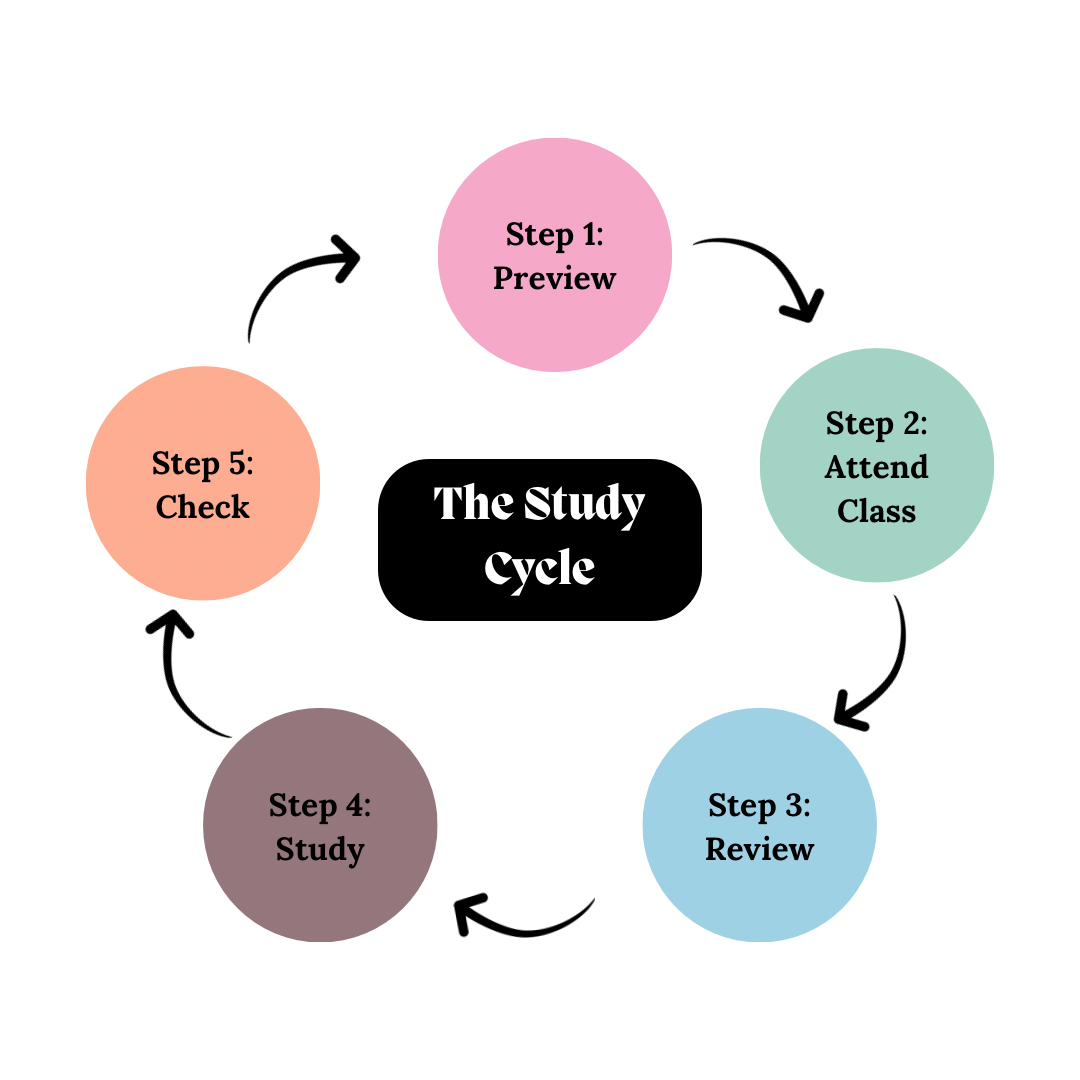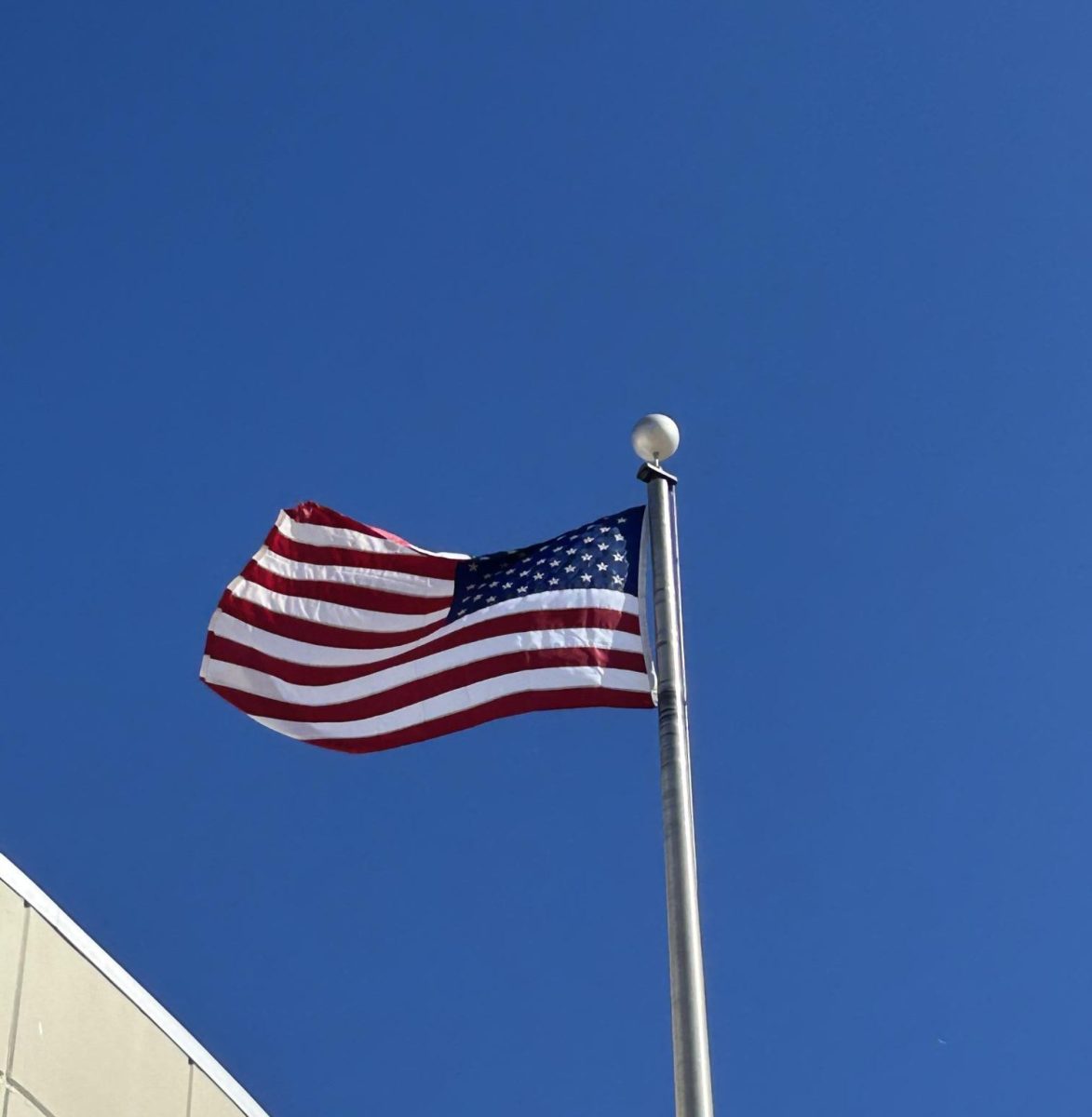TIME Magazine recently produced its fourth annual poll focusing on words that have become annoying enough to some to earn honorary banishment from today’s cultural lexicon. Contenders include “yaaaas,” “bae,” “turnt” and “feminist.” Last Thursday, students and faculty gathered for the first of a series of panel discussions surrounding the ideals of feminism. Panelists and supporters hope to define the truth behind feminism and erase the negative stigma that places the word “feminist” in line with “sorry not sorry” and “obvi.”
Panelists included Dr. Jessica Mallard, Dr. Anand Commissiong, Dr. Heidi Taylor, Dr. Lisa Garza and Dr. Kris Drumheller. The topics of discussion spanned from personal backgrounds of each panelist that led them to their values in feminism, to the clearing of the implications of feminism, to the value of women in society, to the subtleties of modern discrimination, to the importance of women of all races and ethnicities being aware of history.
The panelists strove to ensure that feminism exists more as the desire for progress toward total equality rather than the spread of hatred toward men, as society is often led to believe.
“Oftentimes, if you ask people, without mentioning the word feminist, whether they believe in equality between men and women, the answer is a clear yes,” Dr. Mallard, Dean of the Sybil B. Harrington College of Fine Arts and Humanities, said. “However, if you ask whether they believe in feminism, people, particularly in the South, would say no because they see it as a liberal concept.”
The tendency within society to discount feminism as a radical institution of women who propel only hate toward men, rather than advocacy for women in a social and work environment, leads to the gap in understanding between genders. Dr. Commissiong, Associate Professor of Political Science, touched on the presence of privilege among both men and women.
“It seems like people who do not feel as though they are facing oppression or discrimination fail to recognize that discrimination in the lives of others,” Dr. Commissiong said. “Often, if you don’t have to deal with it, you are not aware of it.”
The presence of the Faces of Feminism conference and its panel members on WT’s campus can be an influence within the campus community and will hopefully spread it beyond.
“The idea of spreading feminism as it really is, as a help to everyone, starts with awareness,” Dr. Mallard said. “This conference and the ones that will hopefully follow can really show students at WT what feminism is and how it can help people.”
Dr. Taylor, Dean of the College of Nursing and Health Sciences, summed up the sentiments of the panelists.
“When we do not have equality among all people, there is no justice for anybody,” Dr. Taylor said.
The audience response was positive.
“From this, I was challenged not to be so generalized in what I think a feminist is,” Tiffany Cole, Administrative Assistant in Student Affairs, said of the conference. “Feminism is a term that has a lot of negative connotations, but I was reminded by this panel that it is not a bad word. It is a word that can be used to unite people and focus energy on the greater good.”








